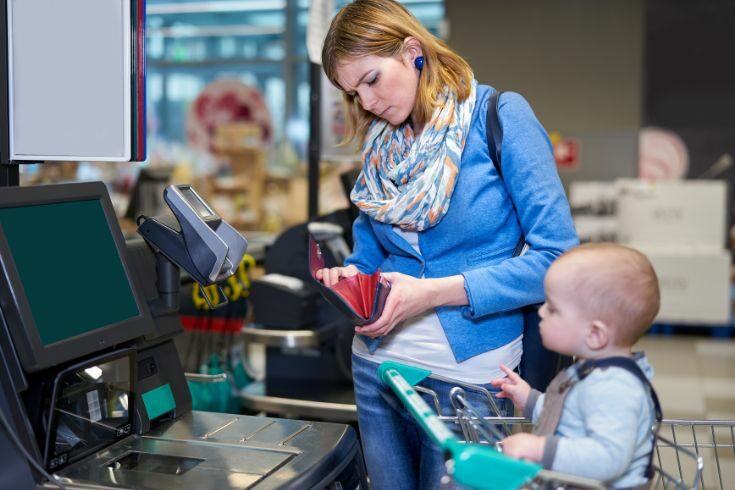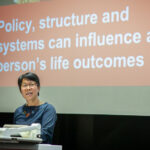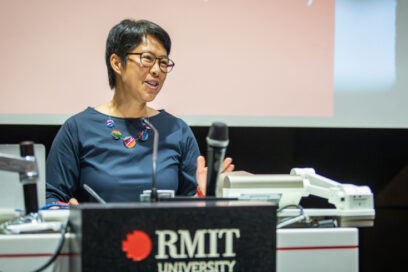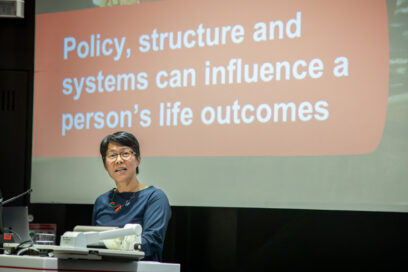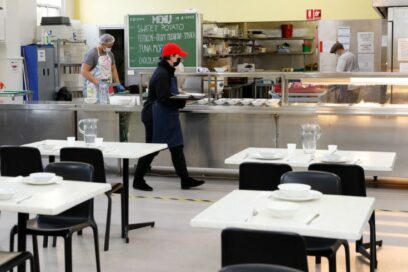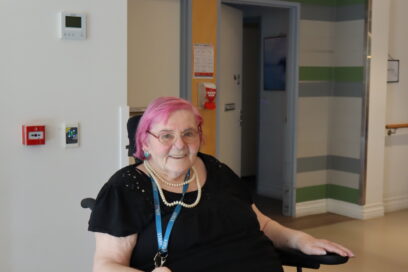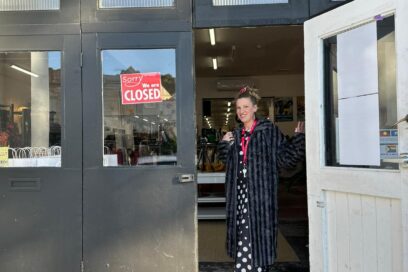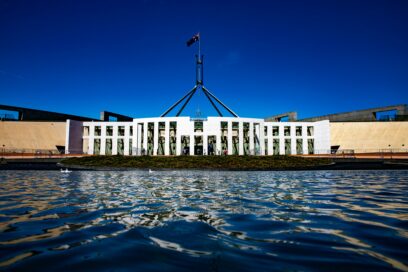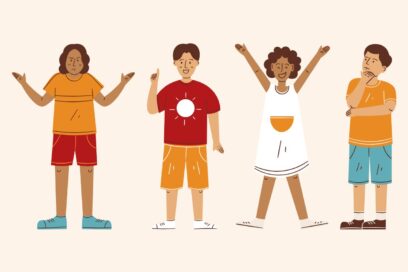Ultimately, the Australian Government must do more to address the current cost-of-living crisis, minimise inflation and ensure that people do not get trapped in the cycle of poverty and disadvantage. This is important for people who are working as well as those who are not.
It is extremely worrying that almost one in five Victorian accessing specialist homelessness services in the last financial year had a job; showing that having a job is not enough to prevent homelessness in the current environment.
Poverty causes immediate impacts, but it also produces lifelong and cumulative negative impacts on people leading to poorer outcomes in all aspects of their life. For example, it is common for our clients to have experienced homelessness, housing insecurity and poverty in childhood. They often didn’t go to school consistently, they may have moved around often or gone to school hungry, not performed well academically and left school early.
Leaving school early means that it’s harder to get into employment or improve your education later in life. If you have trouble reading or understanding numbers, it can be hard to get into the workforce – especially now as so many jobs require ‘digital literacy’.
Not being able to get a job that provides a minimum standard of living means that the cycle of poverty and inequality continues into the next generation if parents can’t provide for their children. This can also lead to crime – one encounter with the justice system can have lifelong impacts.
In the same way, without education and employment, people often have poorer health – they can’t explain what’s happening for them or the funds to seek health care when needed. Even Australia’s public health system has waiting lists for services like dental and optometry if you can’t pay for these things yourself.
All of this adds up for people and their families, and poverty can become entrenched in your life – it’s hard to get out of once that has happened.


